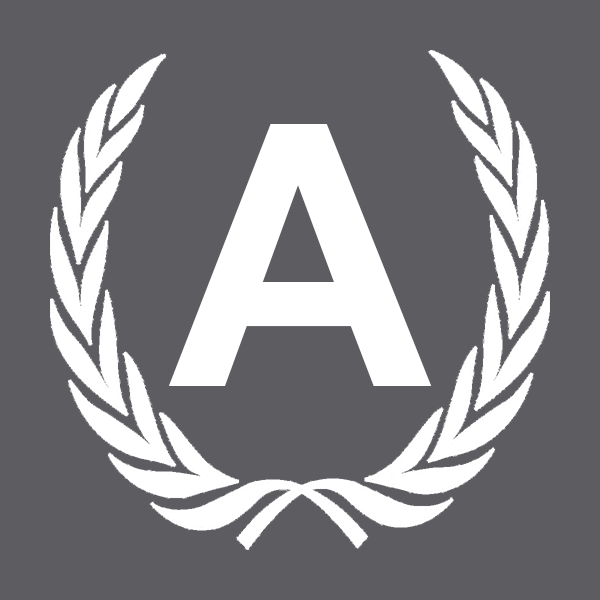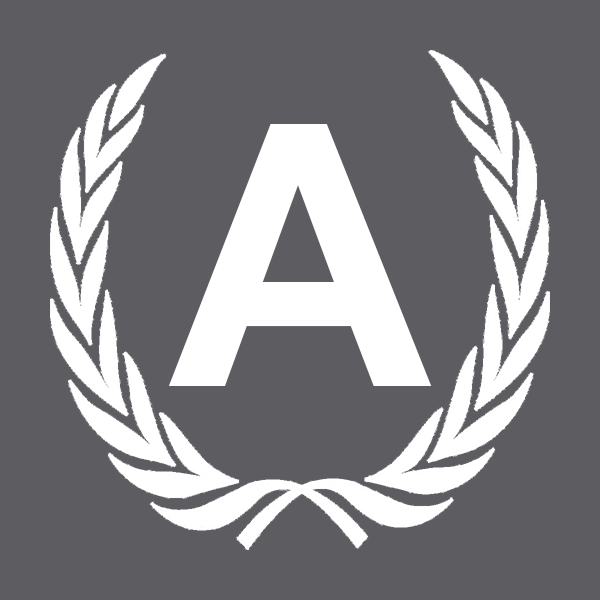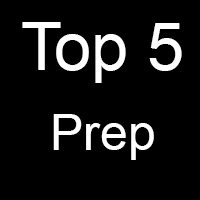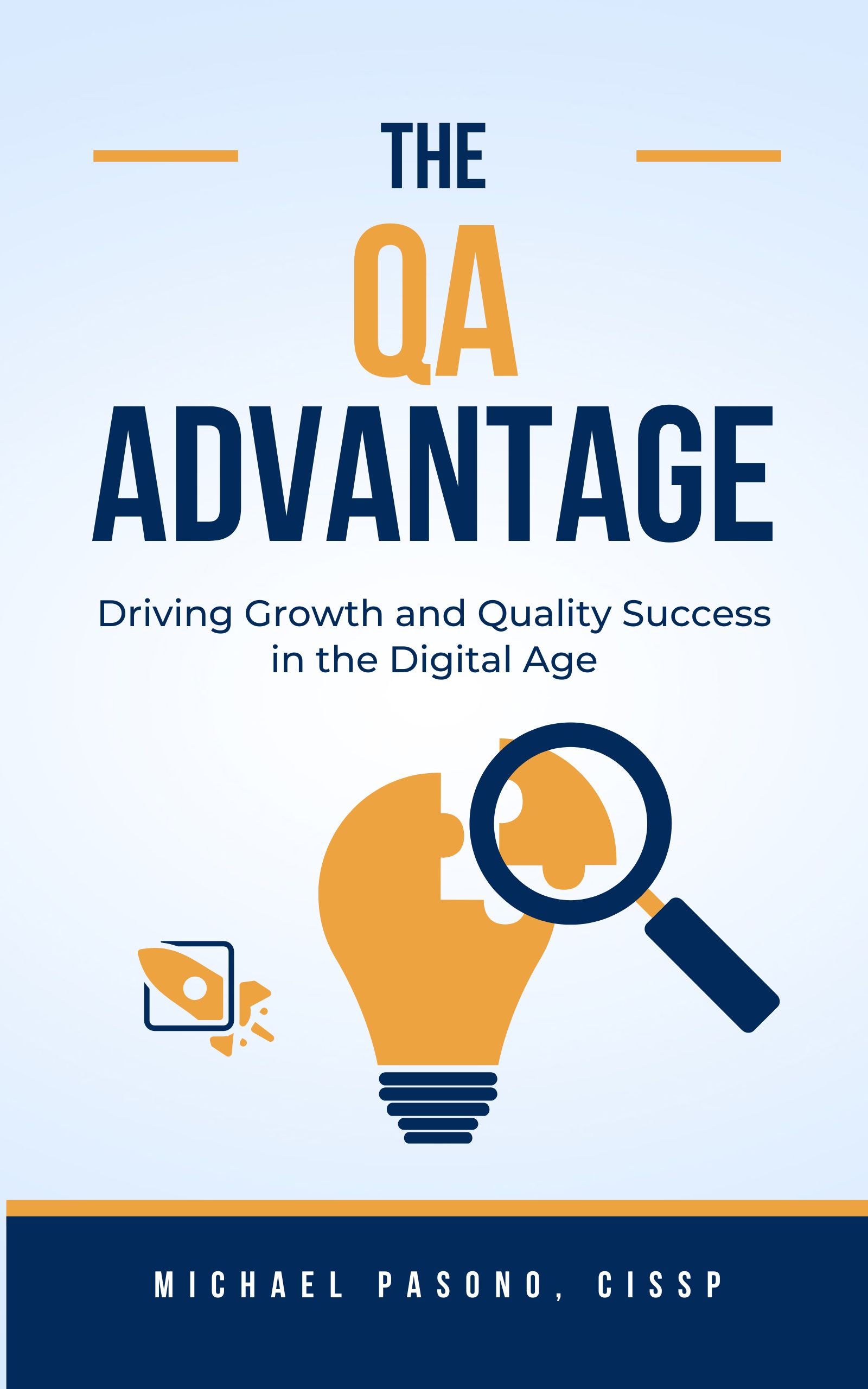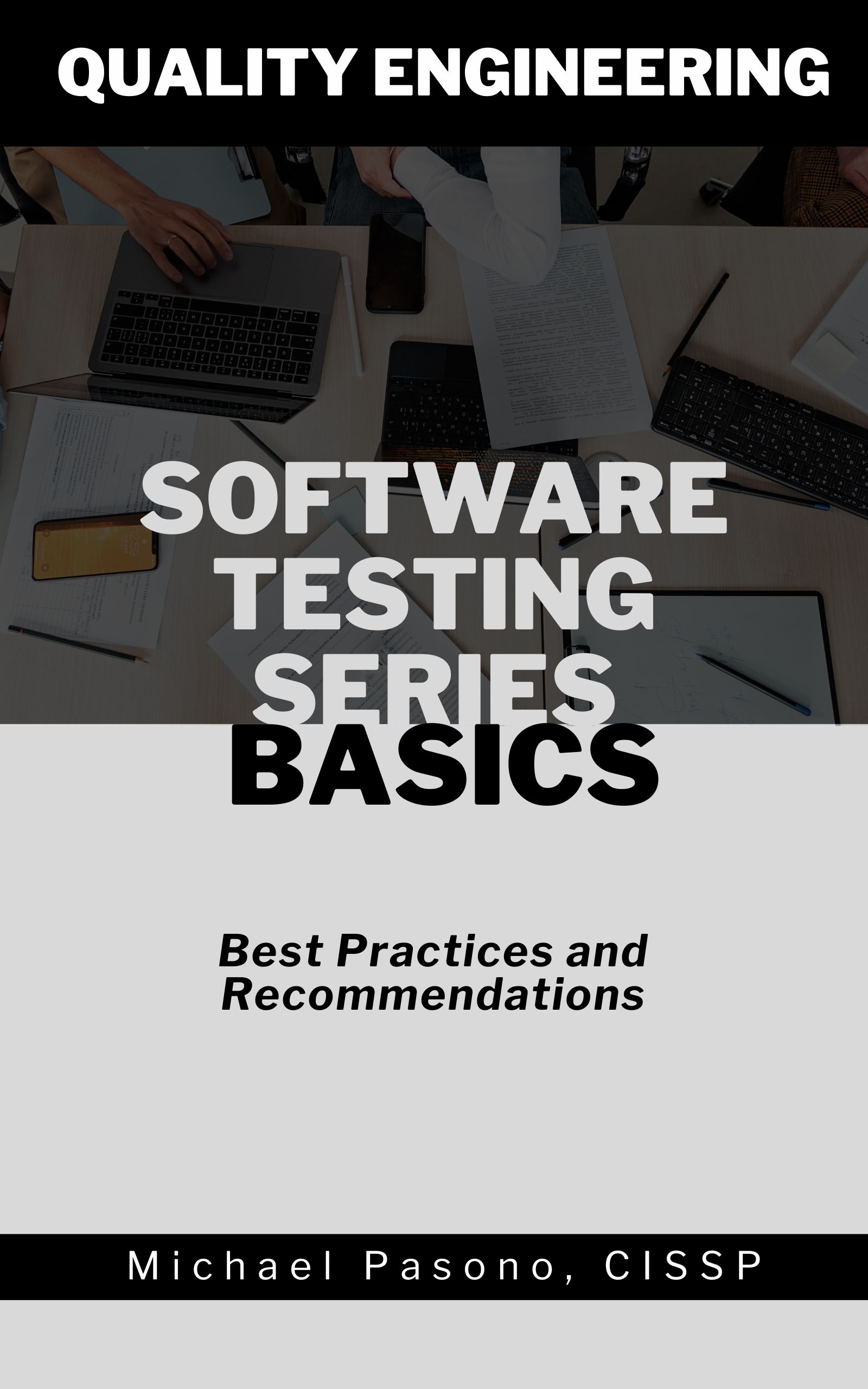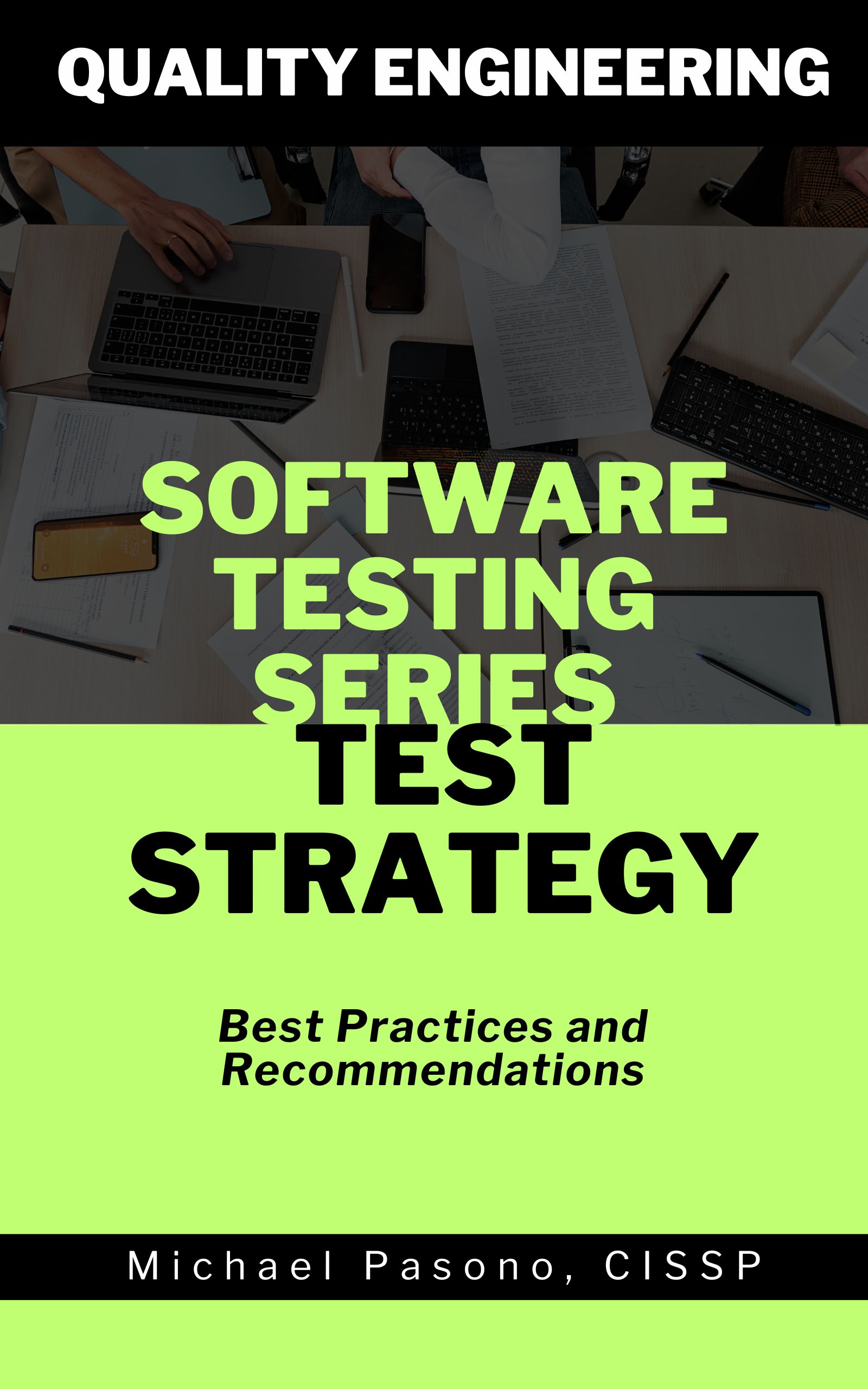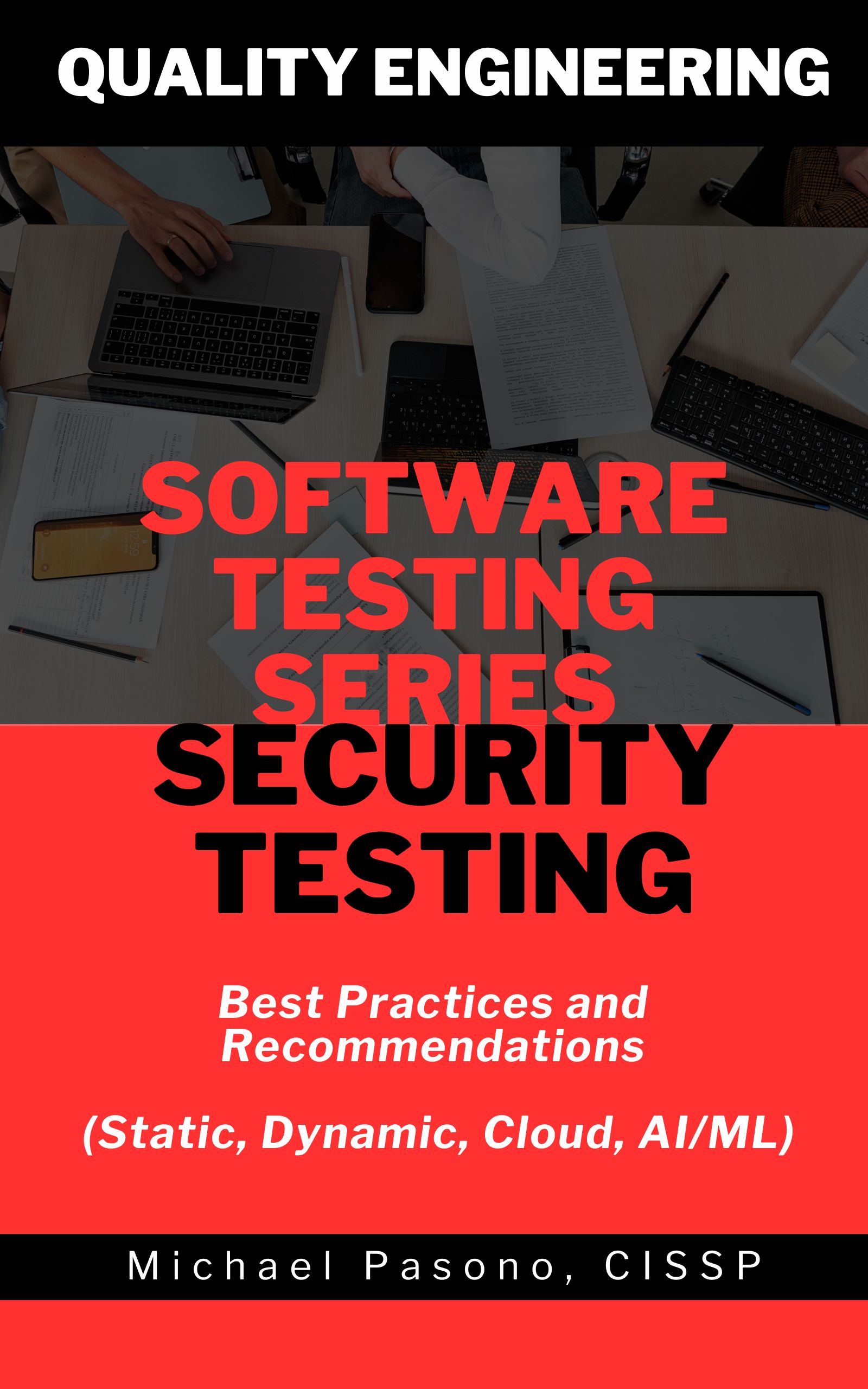Thank you for checking out our Top 5 list on prepping for your next role in QA. Our goal is to help educate folks that are maybe new to the industry or looking to move to the next level in QA or software testing.
Note: Some of these tips apply to more than just the QA industry!
# 5 – Education and Thirst for Knowledge
This is probably no surprise but learning more about different QA subjects will increase your chances of securing your next position. QA and Software Testing is a very niche area and not many schools or colleges offer the right level of education. If you are new to the QA and Software testing industry, make sure you follow QA and Testing leaders on social media such as Twitter because you can learn things that no high-ranking college can offer. Along with keeping up with social media, search and read relevant QA books for the position you are thinking of applying for. Think of how those topics can relate to other experiences maybe outside of the QA space and use those as talking points in your next interview.
# 4 – Virtual Experience
In 2020, many businesses needed to adapt and allow more employees to work from home. For some of us in the QA and Software Testing community, this was already a normal way of life. The truth is a lot of the careers in QA and Software Testing can be done remotely. Showcase how much experience you have working from home and link it to successful accomplishments goes a long way. This allows employers the reassurance that you can get things done wherever you are physically located.
# 3 – Application Process
The application process can be a scary place to navigate. Many HR systems are computerized and have algorithms to find keywords in your resume. The key here is to make sure your resume is in a standard format like MS Word and doesn’t have too many fancy formatting features that can kick out resumes if they are not readable by the HR computer system. Make sure you are updating your resume very specific to the job you are applying for. Make sure the keywords are directly related to your past experiences as much as possible. If the system allows for more than 1 attachment, try creating a visual snapshot resume which is more appealing to read and stands out.
Since its always good to have more than 1 set of eyes on your resume, we recommend leveraging the gig economy and hire a freelancer specializing in resume writing.

Professional Resume Writing
Once you have a solid resume, now is the fun part. Applying to roles… if you are targeting a specific role that is great technique but sometimes you just need to get your resume in as many job boards as quickly as possible. We recommend leveraging Resume Robin to make this happen. You can submit your resume to 100’s of job boards allowing employers and recruiters to find your niche skills.
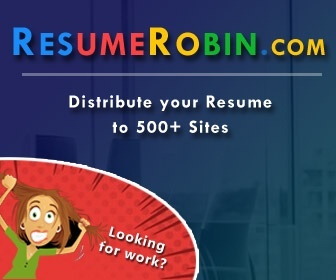
Use promo code ‘tktb3’ to get $5 off!
# 2 – Communication
The next role in QA and Software Testing likely needs someone with strong verbal and written communication skills. This soft skill is very important as many new technologies can be learned, it’s much harder to learn proper soft skills at the same rapid pace. A big part of your next role will likely be communicating risks and issues found, knowing your audience, and how to send that message is key.
One way to stand out is to have a strong personal brand. This can be anything from setting up your own personal website and/or even creating a blog or vlog. This shows employers that you are passionate about what you do.
We recommend leveraging Fiverr. They offer reasonable digital learning courses for areas you might need help in. Such as setting up a website or even branding yourself!
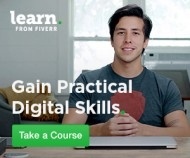
Learn Practical Digital Skills
#1 – Interview
Obviously this is the most critical step needed to secure your next role in QA or software testing. Many interview formats today are both virtual and panel based. If your interview is virtual, make sure you login 5 minutes before and no earlier than 15 minutes prior. If some members of the panel are yet to join, create a light conversation to lower stress levels.
Come prepared. You must have 1-5 questions you would like to find out more about the company, role, or management.
Most interviews are based on some scoring method. Make sure you are answering the questions based on an industry leading format such as situational. You can use the acronym STAR. S = Explain the Situation, T = Describe the Task, A = Tell the action taken, and R = Explain the result. Therefore, be sure you research some interview questions before and align your responses using the STAR method.
Also you might be some hypothetical questions at the end that do not seem relevant to the job but note these are questions that test your creativity and quick thinking.
Bonus – Interview Follow-up
Many people send thank you emails to the hiring managers as a “best practice” but make sure it stands out. Tie thank you directly to a part of the interview that would be memorable. The key here is to standout as you are probably in the top 3-5 applicants. If your interview is in an office building, you may also want to have some physical thank you notes brought with you to the interview to be used right after. Write down the memorable moment and directly put in the closest mailbox. Don’t forget the stamp!
